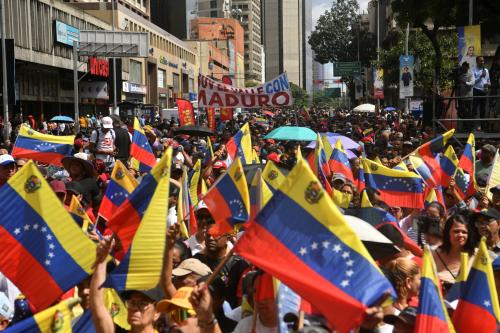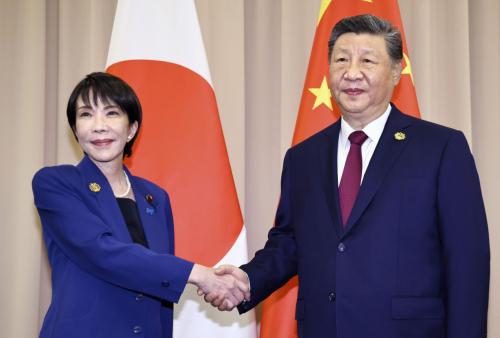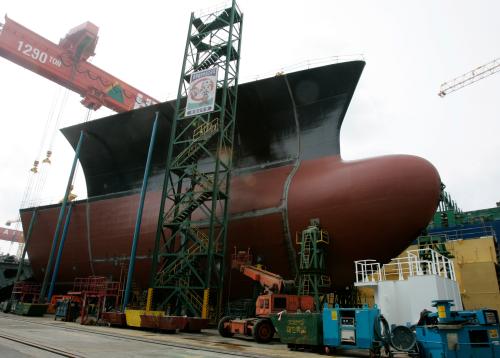Abstract
This paper is the first of a three part project on economic reform on the Korean Peninsula. In this first paper, I focus on the question which has been subject to considerable recent debate, namely whether collapse of North Korea is imminent. In accessing this question the paper discusses the three structural bottlenecks now thought to be severely constraining the North Korean economy following a series of external shocks in the late 1980s, food shortages, energy constraints and a limited capacity to earn foreign exchange. Much speculation has focused on the deterioration in the food economy and that a prolongation of current food shortages will see North Korea collapse. One contribution of this paper lies in its attempt to analyze North Korean agricultural production and food consumption patterns using data made available by North Korea to the United Nations Food and Agricultural Organization.
Several anomalies are found between this data and recent World Food Program assessments of food conditions and estimates of nutritional requirements which suggest caution in drawing a too deterministic link between current food shortages and collapse. The paper then discusses the role of international and regional players in prolonging North Korea’s economic survival. In particular, the terms under which North Korea signed onto the 1994 Agreed Framework, a return to favorable trading terms with China, and North Korea’s attempts aimed at expanding economic ties with the international community, could sustain North Korea at subsistence levels for the next 5 years at least. If collapse is not imminent in the short to medium term, then the policy implications that emerge from such a scenario are clear: that the international community will need to continue to pursue a policy approach of managing tension reduction and the integration of North Korea into the international community. Whether the North Korea regime will embrace fundamental reforms needed to ensure longer term survival remains difficult to judge. In the final section of the paper, several reasons are advanced as to why the window of opportunity for North Korea to embrace reform is now greater than at any time in the past.
The Brookings Institution is committed to quality, independence, and impact.
We are supported by a diverse array of funders. In line with our values and policies, each Brookings publication represents the sole views of its author(s).


